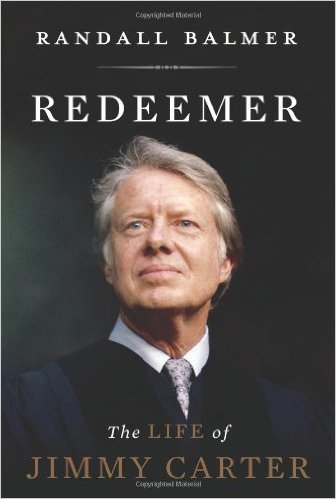
This book, by my Religion Department colleague Randall Balmer, focuses on the multiple ways in which religion played a role in the Carter presidency: both how Carter's own commitment to a progressive strand of evangelical thought influenced many of his presidential policies and how evangelical voters first embraced Carter, in the 1976 election, but, by 1980, abandoned him. For those of us who take for granted today the marriage of evangelicals and conservative politics, Balmer's account of the very different evangelical movement in the 70's—and its transformation, by 1980, into the "Religious Right"—is a fascinating description of the mutability of this powerful religious community. Carter, too, can be mutable in Balmer's account—he turns from a race-baiter in his 1970 gubernatorial campaign to a champion of civil rights—but Carter's post-presidential work on behalf of social justice and international diplomacy is part and parcel, Balmer argues, with the progressive evangelical values that have motivated Carter for almost his entire life.
